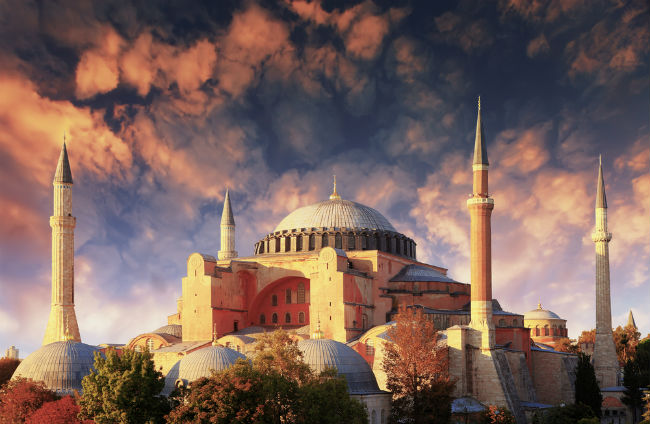
Historians have spent decades trying to figure out just what happened in the year 536. We know it wasn’t a good time for humanity; there’s documentation from across the human experience from the era discussing crop failures, famines, and other bad news. A new scientific paper, though, proves the events of 536 triggered massive climate change and changed the course of human history.
The scientists behind the report, which reconstructed temperature ranges from the era using tree rings from Russia and Europe, theorize that a series of volcanic eruptions in 536, 540, and 547 set off an extended era of cooling that didn’t end until 660. And it was not a fun 120 years! Among the problems that the scientists believe are somewhat linked to or were made worse by the cooling:
- The Byzantine Empire experienced the Plague of Justinian, one of the worst pandemics in human history that set the stage for the Black Death.
- Crop shortages and famine ravaged the entire world, especially Europe.
- China’s Sui Dynasty got embroiled in a series of wars, leading to its ultimate collapse.
- Much of Eastern Europe’s population was displaced by famine, plague, and civil wars.
On the upside, this cooling may have set the stage for the Islamic Golden Age, which led to substantial advances in mathematics, physics, medicine, and astronomy. So, the human race had that going for it, which was nice.
It’s fascinating for more than just the study of history. By analyzing how societies reacted to climate change in the past, we’ll be able to better understand how they’ll react to it in the future. Then again, scientists are arguing we’ll get in wars, have food shortages, and experience horrible plagues, so maybe not that much has changed in the intervening 1,500 years.
(via The Washington Post)
